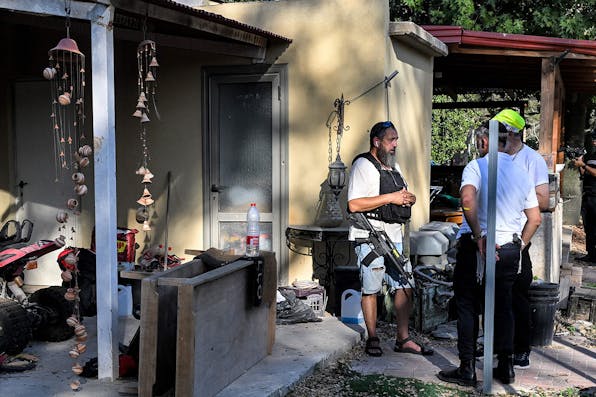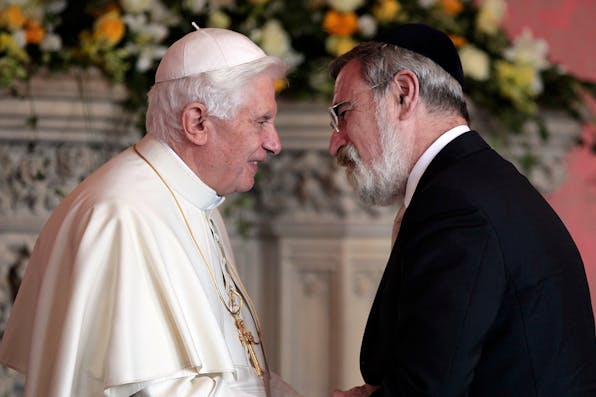
October 26, 2023
The Extremist’s Gambit Helps Explain Why Hamas Attacked Now
Heinous violence meant to force everyone to choose sides has long been the recourse of a radical minority that fears time is not on its side.
As videos and photographs of civilians slaughtered at dance raves and homesteads spread across the internet, shocked observers asked what purpose such savagery might serve. Pundit Noah Smith’s shocked reaction illustrates the type: “They just . . . slaughtered a music festival. Did slaughtering a music festival help the cause of Palestinian liberation?”
There is a temptation to explain away heinous violence as a product of irrational emotions or beliefs. Hamas terrorists, under this schema, murder Israeli children and partygoers under the influence of unquenchable ethnic hatreds, fanatical religious doctrines, or simply a perverse taste for cruelty itself. All of that may be true. There is, however, an alternate reason for why Hamas’s leadership might believe that the massacre of Israeli innocents will ultimately further the political aims of their movement. Let us call this the logic of the extremist’s gambit.
The extremist’s gambit is not unique to Salafi-jihadist terrorist groups. Examples of this strategy can be found across the span of human history. It is the recourse of any radical minority that fears that time is not on its side. Those who fervently believe that to wait is to decline or that to compromise is to die are primed for desperate action. The extremist’s gambit is a set of tactics designed to force a fearful or apathetic majority to see things the way the extremist does. This strategy is agnostic towards the ultimate aims of the radical group in question. It describes both the political campaigns waged by the revolutionaries who founded the United States and the confederates who tried to dissolve it. The extremist’s gambit does not even necessarily require violence: both butchers like Mao and Lenin and pacifists like Gandhi and Martin Luther King adopted their own versions of this strategy.
Responses to October ’s Essay

October 2023
Hamas’s Messianic Violence
By Hussein Aboubakr Mansour
October 2023
The Whole Middle East Is Counting on Israel to Destroy Hamas
By Evelyn Gordon
October 2023
“OK, So I’ll Tell You What Happened This Saturday from My Perspective.”
By Namer
October 2023
Israel’s Outside-the-Box Options
By Aaron MacLean
October 2023
The Cost of Strong American Support at the Start of the War
By Jonathan Schachter
October 2023
The Death of Evidence-Based Two-Statism
By Rafi DeMogge
October 2023
Israel’s Existential Struggle Is Also the West’s
By Arthur Herman
October 2023
“Now We Act as If Everyone We Encounter Might Be Grieving”
By Sarah Rindner
October 2023
America Can No Longer Wait to Put Its Own House in Order
By Stephen Peter Rosen
October 2023
The Social-Media War
By Arieh Kovler
October 2023
The Extremist’s Gambit Helps Explain Why Hamas Attacked Now
By Tanner Greer
October 2023
Left, Right, Haredi: Three Great Awakenings of the Gaza War
By Yehoshua Pfeffer
October 2023
“Today the Jews. Tomorrow You.”
By Andrew Doran